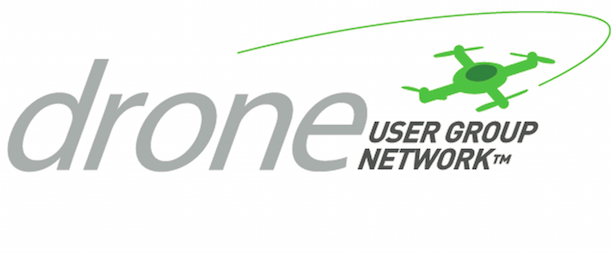 It’s that time of year again – when Congress starts to consider FAA Reauthorization (the last extension made expires this fall.) Last week’s announcement that Rep. Bill Shuster had re-introduced the AIRR Act as “The 21st Century AIRR Act” was no surprise, coming after President Trump’s vocal support for privatization of air traffic control (ATC).
It’s that time of year again – when Congress starts to consider FAA Reauthorization (the last extension made expires this fall.) Last week’s announcement that Rep. Bill Shuster had re-introduced the AIRR Act as “The 21st Century AIRR Act” was no surprise, coming after President Trump’s vocal support for privatization of air traffic control (ATC).
Senator John Thune has also revealed the Senate version of the FAA Reauthorization bill – which does not call for the privatization of ATC, emphasizing instead safety issues. As for drones, the Senate bill would criminalize reckless operation and change the law to authorize the drone registration program (deemed unlawful by a recent Federal appeals court decision.)
Specifics with regards to drone integration are scanty in both bills – and in the hopes that they will not be forgotten in the inevitable squabble over air traffic control, drone advocacy groups are providing opinions on what changes are needed to support the industry.
The Drone User Group Network (“DUGN”), a community-based organization (“CBO”) that represents close to 25,000 drone users, has offered a proposal that “will help spur innovation, preserve the privacy of the public, preserve the privacy of drone users, and enhance the efficiency of the aviation system,” says the group.
“The DUGN understands the challenges faced by lawmakers, law enforcement, and the public at what they feel are reckless or intrusive activities by drone owners,” said Steven Cohen, President of the DUGN. “We welcome reasonable regulations that balance the interests of all parties. We believe that our proposed changes achieve those goals while ensuring both accountability and drone user privacy.”
With regards to drone privacy issues referred in the Senate bill, the DUGN suggests that businesses be allowed to draft appropriate policies, with those businesses who collect personally identifiable information held to a higher standard. This change would avoid a blanket requirement impacting thousands of businesses working on commercial operations that don’t involve gathering data about people at all.
“To be effective, legislation needs to not only be reasonable but encourage compliance,” said Kenji Sugahara, Policy Director for the DUGN. “One of the changes we suggested includes changing section 2104 of the Senate bill to ensure that civil drone user information was not publicly accessible. We felt that making the information public would serve as a disincentive for commercial drone users to register and comply with regulations. However, we do believe that civil and recreational drone user information should be available in limited situations and have suggested some changes that mirror the Driver’s Privacy Protection Act, (18 USC 2721). The changes would balance the privacy interests of drone users and the need for the disclosure of personal information in certain circumstances,” said Kenji.
Citing the “confusion over notification requirements to airports,” which is a significant burden for commercial and recreational operators, the DUGN requested changes that would help recreational users to comply with notification requirements and to bring the regulation into alignment with current practices. The organization also asked for changes in regards to abandoned and rarely used heliports and airports where contact information is difficult to find.
Cohen also praised the House legislation that created a definition for a CBO – a significant issue for the DUGN and recreational operators. According to the Small UAV Rule recreational drone operators may not require a Part 107 license if flying for fun and following the safety guidelines of a CBO. While the DUGN felt that there could be minor changes, the organization joined the Academy of Model Aeronautics in supporting the overall intent of the language.
“We both want to ensure that there are minimum standards met in order to become a CBO recognized by the FAA. Without the language anyone could create a CBO with rules that could allow drone users to endanger the national airspace system and create hazards for people on the ground.”
“The DUG works to provide a voice for recreational and commercial operators in the creation of legislation that is reasonable and fair,” Cohen tells DRONELIFE. “We represent and speak for our members in their desire to operate within a legal framework that is conducive to safe and responsible operations without undue restriction… We’re pleased to be at the table with other major stakeholders so that we may present the operators and business-owners perspectives, needs, and expectations.”
http://droneusergroup.net/shop/dug-advocacy-fund/

Miriam McNabb is the Editor-in-Chief of DRONELIFE and CEO of JobForDrones, a professional drone services marketplace, and a fascinated observer of the emerging drone industry and the regulatory environment for drones. Miriam has penned over 3,000 articles focused on the commercial drone space and is an international speaker and recognized figure in the industry. Miriam has a degree from the University of Chicago and over 20 years of experience in high tech sales and marketing for new technologies.
For drone industry consulting or writing, Email Miriam.
TWITTER:@spaldingbarker
Subscribe to DroneLife here.







[…] Source link […]